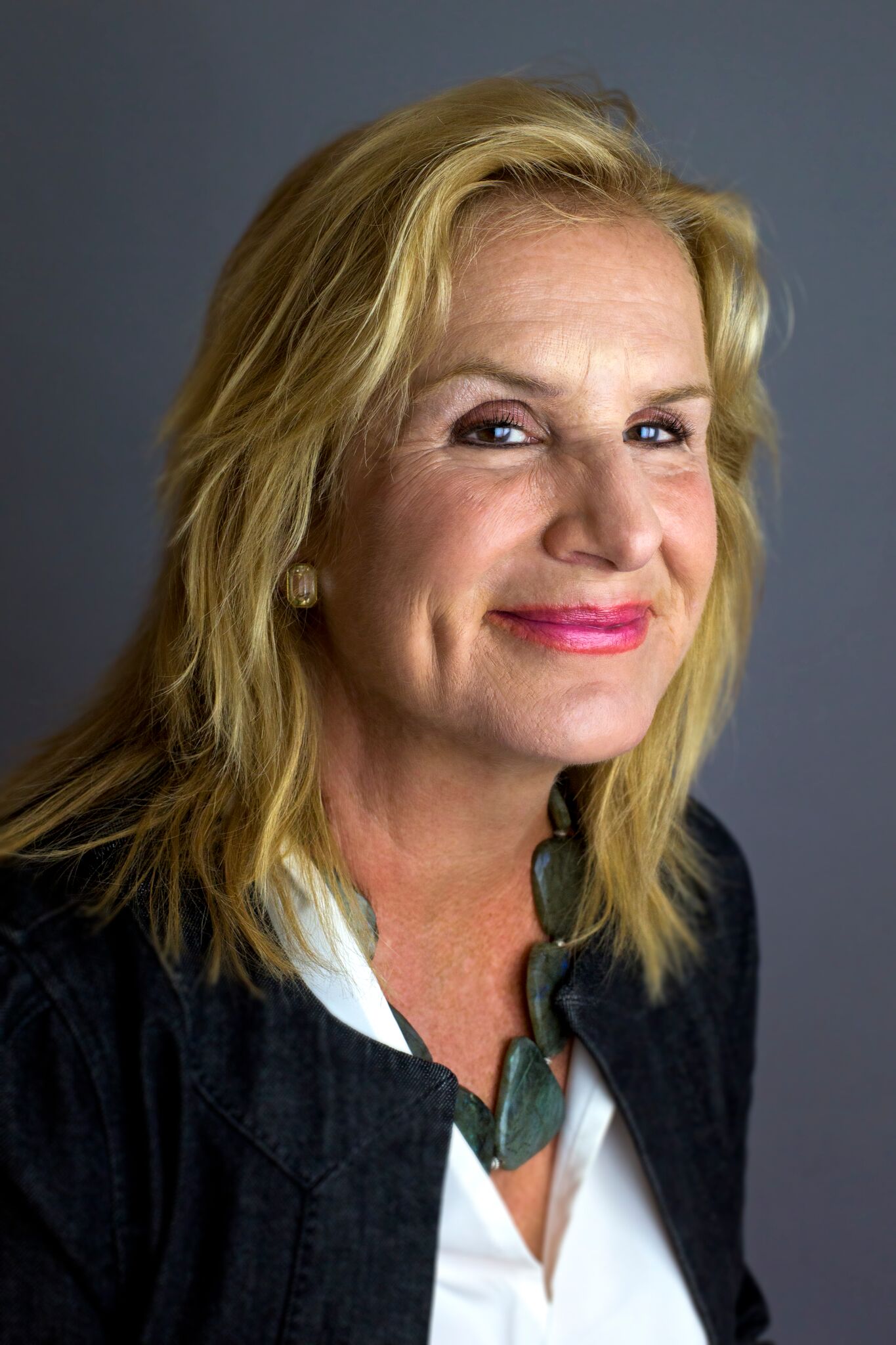
I can wear a face mask that I forged out of a bandana to the grocery store. I can use hand sanitizer and Clorox wipes every time I have contact with an object outside my home. I can walk alone at dusk and steer clear of the neighborhood children on bikes.
I can also write.
Like millions around the globe who are sheltering in place –quarantined to save ourselves and everyone else on the planet– during the pandemic disaster that is COVID-19, I am trying my best not to get infected. And also not to lose my mind.
So I write to feel safe, to feel sane, or to express how I feel neither safe nor sane right about now.
There is no shortage of well-meaning tips on how to address the loneliness, desperation, insecurity and disruption of the past two months. Dance parties! Yoga! Meditation!
Yes, zooming with my friends for cocktail hour is a keeper. Coming up is one with hats and we’re calling it “Hatty Hour.” But very few of the popular remedies for wellbeing and wholeness appeal to me as much as writing does.
I am lucky that I have the opportunity to write—for a living and also for refuge. Because writing helps me cope—especially in times of crisis with writing that no one but me will read.
Yes, I understand my privilege and circumstantial luck in not being sick, recovering or threatened with the virus because of my work. I work alone at home.
But I write to save my life—with save meaning rescue and preservation both. While I have been doing this most all my life, apparently now it’s a thing.
Quarantine diaries, pandemic diaries, COVID-19 diaries and coronavirus diaries are trending as more people are writing about their lives at this unprecedented stretch of history. #StayInStayInspired pushes to create.
The Wisconsin Historical Society recently launched the COVID-19 Journal Project. A British Columbia museum is asking local residents to keep a diary of their feelings during COVID-19 and the “donate their diaries, journals or other personal records that reflect how they felt and what they did during the coronavirus outbreak,” according to the CBC.
Of course, the immediate and longtime personal and professional catastrophes that COVID-19 has forced upon millions across the globe cannot be erased or remedied by the simplistic practice of writing. But perhaps it is a mildly useful suggestion that the act of truthful and authentic writing can be comforting and can also perhaps introduce some relief. This is not a new idea.
”One of the great things that’s good about writing and practicing writing is it’s a great remedy for my natural self-involvement and self-centeredness,” David Foster Wallace told Bryan A. Garner in 2006. In an interview that was published in Quack This Way, Foster Wallace says, “And writing makes me slow down in a way that helps me pay attention.”
Former First lady Michelle Obama writes in her 2019 “Becoming: A Guided Journal for Discovering Your Voice:” “There’s power in allowing yourself to be known and heard, in owning your unique story, in using your authentic voice. And there’s grace in being willing to know and hear others. This, for me, is how we become.”
In the absence of such a global tragedy as COVID, research suggests writing is therapeutic. Science backs up the practice of narrative therapy in the treatment of depression and PTSD for survivors of trauma and abuse.
A 2019 German study on the correlation of writing and wellbeing finds, “Positive, negative, and neutral expressive writing was accompanied by differential changes in bodily sensations, emotional awareness, and self-reported psychosomatic symptoms in all participants.” In other words, anxiety went down after writing sessions.
Dr Christian Jarrett , editor of British Psychological Society’s Research Digest blog, and author of Personology, writes recently in BBC, “Life story research suggests a similar principle may be applicable at a grander level, in the very way that we author our own lives, therefore shaping who we are.”
For decades, psychologists and therapists have been studying the effects of narrative therapy and expressive writing on physical as well as mental health, including more recently as a treatment strategy for individuals with Huntington’s Desease.
It may be worth a few minutes of effort to try to articulate how you feel, what you are experiencing and how this current situation reinvents your own story. It may be a way to clarify what is impossible to understand.
It is also free.
Writing requires pen and paper, a laptop or tablet you already own or can hopefully borrow. No investment of anything but your time. Get it out of your body and onto the paper, or the screen.
I’ve been doing this for years. My book, Writing To Save Your Life: How To Honor Your Story,ironically debuted September 1, 2001, days before another upending chapter in American history.
Can you honestly shape the story of your life and have it serve you now and for the future? Perhaps, but you need to write for that to happen.
During the chaos of COVID-19, perhaps these exercises on addressing your fears of writing can maybe help.
1. Start the process by identifying your fears. Simply make a list answering these questions: What are you afraid of? Is it causing you to procrastinate? Write down what scares you about writing the truth. Is it because you fear someone will find out or are unsure how you will feel when you begin to write? Is it because you are afraid you can’t say it perfectly or it won’t help? Answering honestly may help you dispel some of these notions.
2. Now read the list and separate the fears that come from you and those that come from others. The fears you generate can be “I don’t know how to write this” or “It won’t be good enough” or whatever comes into your mind that could stop you. Next to each one of these fears, write, “I will write anyway.” To answer those fears that are coming from outside of you, such as a fear of criticism, write the same: “I will write anyway.”
3. Write down the possibilities of your fears coming true. Can you dispel them? Is there something you can do to ensure your writing stays private? Can you set up a support system in advance of your writing so you have someone to go to when you feel vulnerable? If you are afraid you can’t write well, know that you are the perfect person to tell your story—you’re the only one who can. No one can tell it better than you. Trust yourself and trust your words.
4. Have a plan. Write down specifically what you will do when you feel afraid of what you are about to write or what you have written. Can you call a close friend, a therapist, counselor, spiritual adviser or a clergy member? Can you practice calming your fears with a reassuring mantra such as “I own my words and I own my story”? Tell yourself that you will do your best and it is good enough. It is all you need to do. It is perfect.
The intention is to find respite in the shelter of your own story. Write to save your life.
You can download a free pdf of a chapter here.

